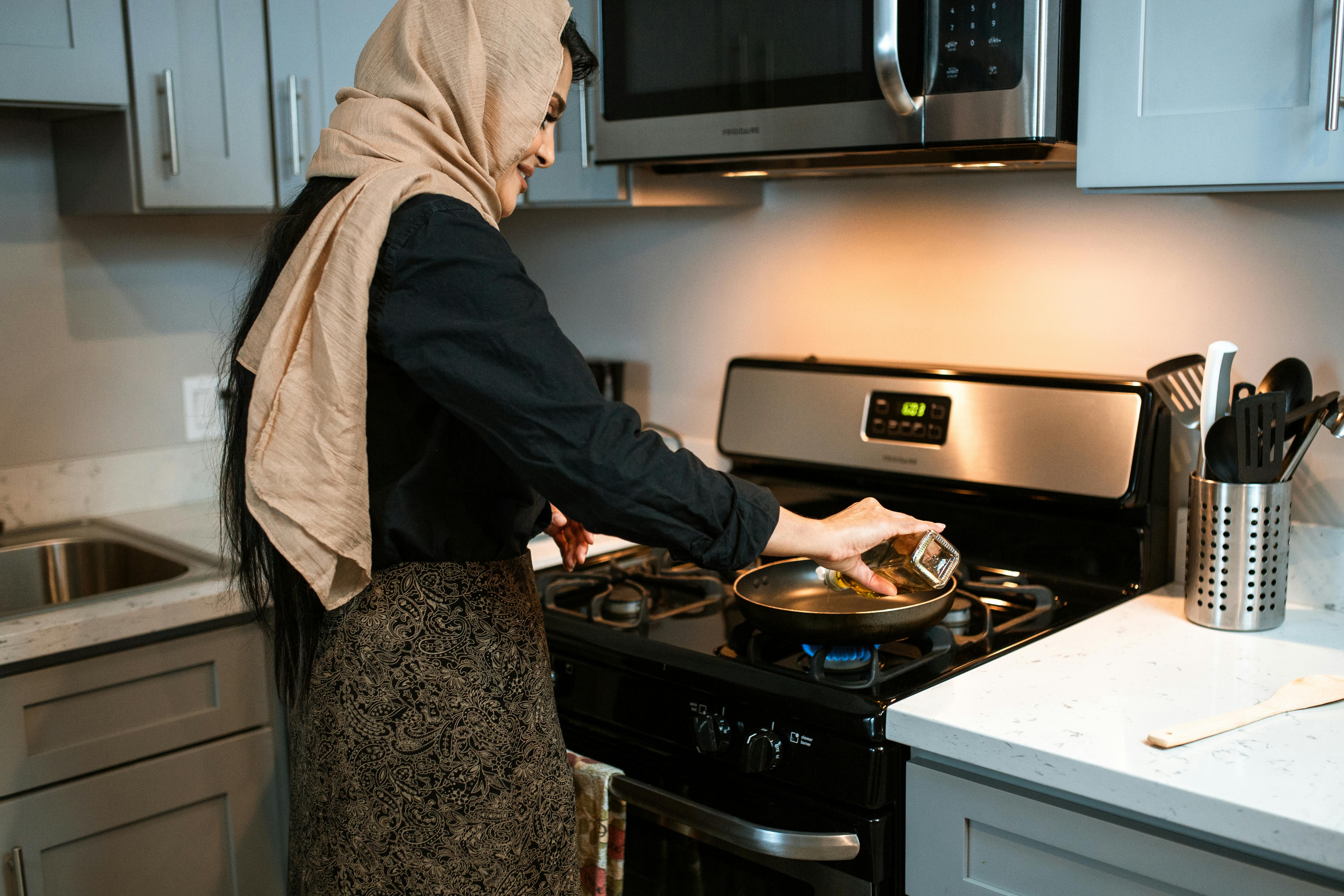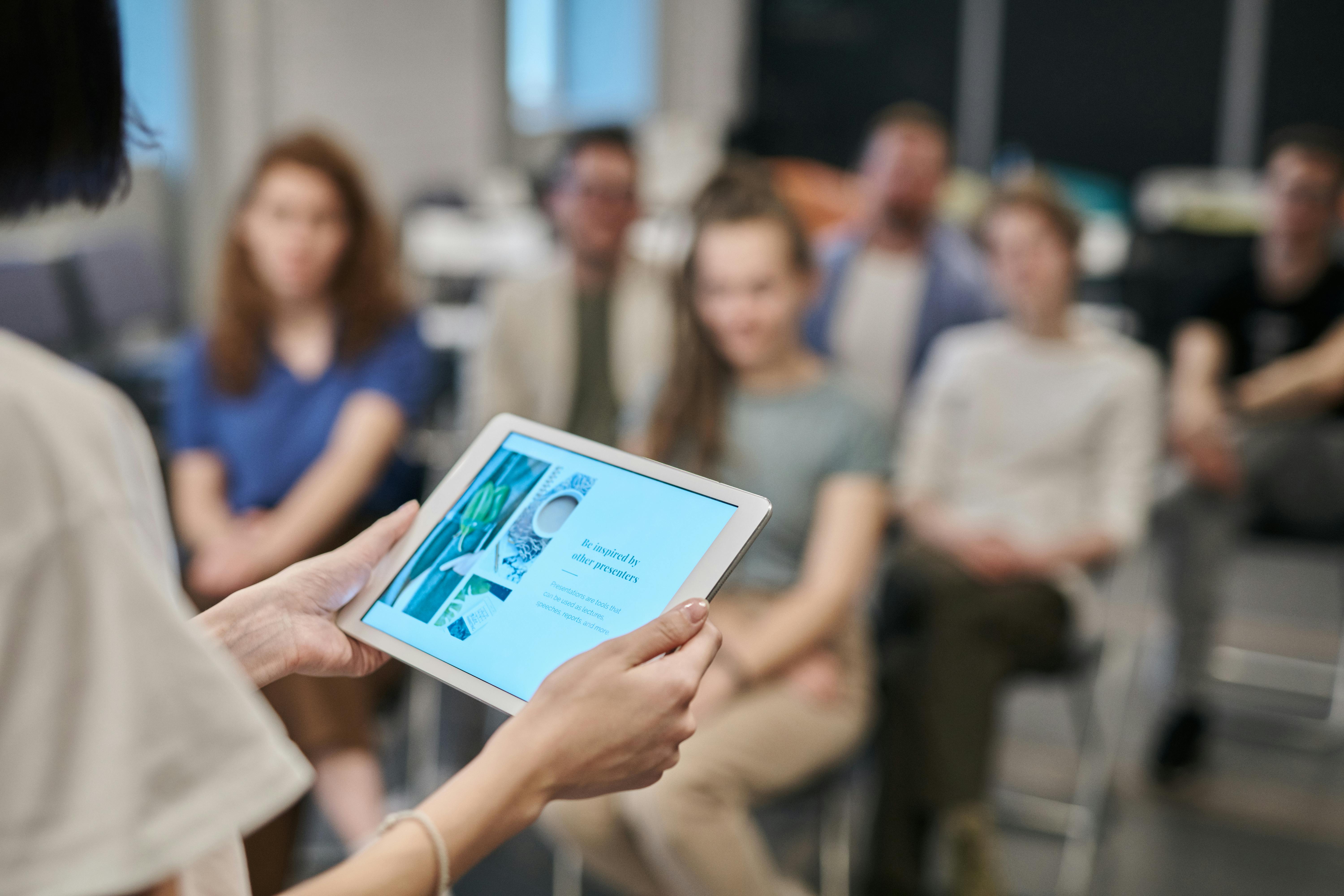Apply Now
Understanding the Journey of Self-Improvement in 2025
Self-improvement is a transformative journey that involves enhancing various aspects of our lives. In 2025, the importance of personal growth is more paramount than ever. With the fast-paced demands of modern living, dedicating time to self-betterment is essential for achieving well-being and happiness. This article will explore effective ways to cultivate positive changes, focusing on methodologies like mindfulness, empathy, and self-care.
By prioritizing self-improvement, individuals can develop emotional intelligence and resilience to navigate life's challenges. The benefits are profound, impacting mental health, interpersonal relationships, and overall life satisfaction. Moreover, actively pursuing personal growth fosters a sense of purpose and accomplishment, empowering you to set and achieve meaningful goals.
As we delve deeper into the various methods of becoming a better person, expect to find valuable tips on communication skills, goal setting, and strategies for self-reflection. These elements will not only enhance your personal growth but also strengthen your ability to nurture relationships and contribute positively to your community.
Essential Mindfulness Practices for Personal Growth
Mindfulness is a key element of self-improvement that helps facilitate better emotional regulation and personal awareness. Practicing mindfulness allows individuals to foster a deeper connection to their thoughts and feelings, leading to greater self-acceptance and emotional resilience. Building on these fundamentals, we can explore various mindfulness techniques tailored for personal growth.
Daily Journaling for Self-Reflection
Journaling is an impactful method for self-reflection. By dedicating time daily to articulate your thoughts and feelings, you create an opportunity for introspection. Reflecting on your experiences can unveil limiting beliefs and help in setting intentions for your personal development. One effective journaling technique involves gratitude logs, where you document three things for which you are thankful each day. This practice fosters a positive mindset and enhances overall well-being.
Utilizing Meditation for Emotional Intelligence
Meditation plays a vital role in enhancing emotional intelligence by promoting a calm and focused mind. Engaging in regular meditation sessions can improve stress management and help in developing resilience against emotional upheavals. Consider starting with guided meditations focusing on empathy and compassion, as these can profoundly impact your interpersonal dynamics, facilitating supportive relationships.
Breathwork Techniques to Enhance Mindfulness
Breathwork is a powerful practice that connects the body and mind. By focusing on your breath, you can cultivate a sense of peace and mindfulness that aids in emotional regulation. Implement techniques like box breathing, where you inhale for four counts, hold for four counts, exhale for four counts, and hold again for four counts. This practice can reduce anxiety and improve overall mental health, fostering emotional balance and awareness.
Building Healthy Relationships Through Kindness and Compassion
Following mindfulness practices, it's essential to explore the qualities of kindness and compassion that contribute to nurturing relationships. These emotional attributes are fundamental for building trust and rapport with others. Communication plays a vital role here as well, connecting us with family, friends, and the wider community.
Practicing Compassionate Communication
Effective communication involves understanding and empathizing with others. Employing techniques such as active listening can help bolster your interaction quality. Active listening requires you to genuinely pay attention to what others say, validating their feelings and responses. This not only strengthens relationships but also empowers a culture of trust where everyone feels respected and valued.
Cultivating Empathy in Daily Interactions
Empathy is crucial in fostering positive relationships. Strive to understand others' feelings by putting yourself in their shoes. Engaging in perspective-taking can drastically improve your relational dynamics, transforming potential conflicts into constructive dialogues. This practice nurtures emotional intelligence and creates a supportive environment for open conversations.
Volunteering to Foster Community Connections
Giving back to the community is an effective way to practice kindness. By volunteering, you nurture compassion and build connections that can lead to deeper friendships and support networks. Moreover, volunteering enhances your sense of purpose and builds character, reminding you of the collective benefit of empathy and service.
Developing Effective Communication Skills for Conflict Resolution
When navigating relationships, understanding conflict resolution techniques becomes paramount. Conflicts are inevitable, but possessing the right skills to handle them can transform a potentially negative interaction into a constructive outcome. Building on kindness and compassion, let us explore key communication strategies.
Negotiation Skills for Collaborative Solutions
Negotiation skills can be vital in resolving conflicts and fostering teamwork. Approach conflicts as opportunities for compromise rather than battles to be won. Developing this mindset encourages mutual respect and understanding, enabling you to find common ground. Practice articulating your thoughts clearly and employing assertive communication without being aggressive.
Understanding Non-Verbal Cues
Being aware of non-verbal signals can significantly enhance your communication effectiveness. Learn to recognize body language, facial expressions, and tone of voice as they often convey emotions and intentions. This awareness will improve your empathy and enable you to respond more appropriately during difficult conversations.
Encouraging Feedback for Personal Growth
Seeking constructive feedback from others can be an invaluable tool for personal development. Approaching relationships with openness to change allows you to confront your biases and blind spots. Developing a habit of asking for feedback promotes accountability, leading to greater self-awareness and resilience.
Setting Goals for Continuous Personal Development
Consistent self-improvement requires clear, actionable goals. By focusing on goal setting, you can create a roadmap for achieving both personal and professional aspirations. This section will delve into effective goal-setting techniques that encourage motivation and self-discipline.
SMART Goals for Effective Self-Improvement
Creating Specific, Measurable, Achievable, Relevant, and Time-bound (SMART) goals offers a structured approach to personal development. By framing your goals using this method, you increase the likelihood of success. For instance, instead of aiming to "be more productive," set a goal to "complete three priority tasks daily." This clarity of purpose fuels motivation and fosters accountability.
Tracking Progress for Motivation
Keeping track of your progress enhances motivation and deepens your commitment to self-improvement. Employing methods like daily checklists or progress journals can make a considerable difference in staying on track. Reflect on what works well and what needs adjustment; this flexible approach fosters resilience.
Celebrating Achievements to Boost Self-Esteem
Recognizing and celebrating your achievements, no matter how small, can significantly enhance your self-esteem. Create a reward system where you acknowledge your progress at various milestones. This positive reinforcement encourages persistence, fosters a growth mindset, and emphasizes the importance of self-care in your personal journey.
Fostering Resilience and Adaptability for Life Changes
In an ever-changing world, resilience and adaptability are crucial for overcoming challenges and achieving lasting personal growth. By nurturing these qualities, you set the stage for success in various aspects of life, including coping with adversity and managing stress.
Building Coping Strategies for Difficult Situations
Developing effective coping strategies is essential for navigating life's challenges. Introduce methods such as problem-solving techniques and positive affirmations to manage stress. When facing adversity, practice reframing negative thoughts into constructive perspectives, which fosters a growth mindset.
Embracing Change Through Openness to New Experiences
Being open to change can significantly enhance resilience. Embrace new experiences, whether they are professional opportunities or personal hobbies. This willingness to adapt not only helps you grow but also fosters creativity and innovation, allowing you to see obstacles as opportunities for personal development.
Strengthening Relationships for Emotional Support
Building supportive relationships is key to creating a strong network that provides emotional support when needed. Take the time to nurture relationships with friends, family, or mentors who inspire and motivate you. Strong connections make it easier to cope with difficult times, reinforcing the importance of community involvement in your self-improvement journey.
Conclusion: Embracing Your Path to Becoming a Better Person
In conclusion, transforming yourself into a better person in 2025 is an achievable goal with dedication and the right practices. By focusing on mindfulness, kindness, effective communication, continuous learning, and resilience, you pave the way for personal growth and fulfillment.
Adopting these practical strategies fosters not only your emotional well-being but also enriches the lives of those around you. Remember to set intentions, celebrate your journey, and remain open to change as you navigate your personal development path. The key to becoming a better person lies in persistent growth through self-awareness, determination, and a genuine commitment to fostering positive relationships with others, ultimately contributing to your community's happiness and welfare.




